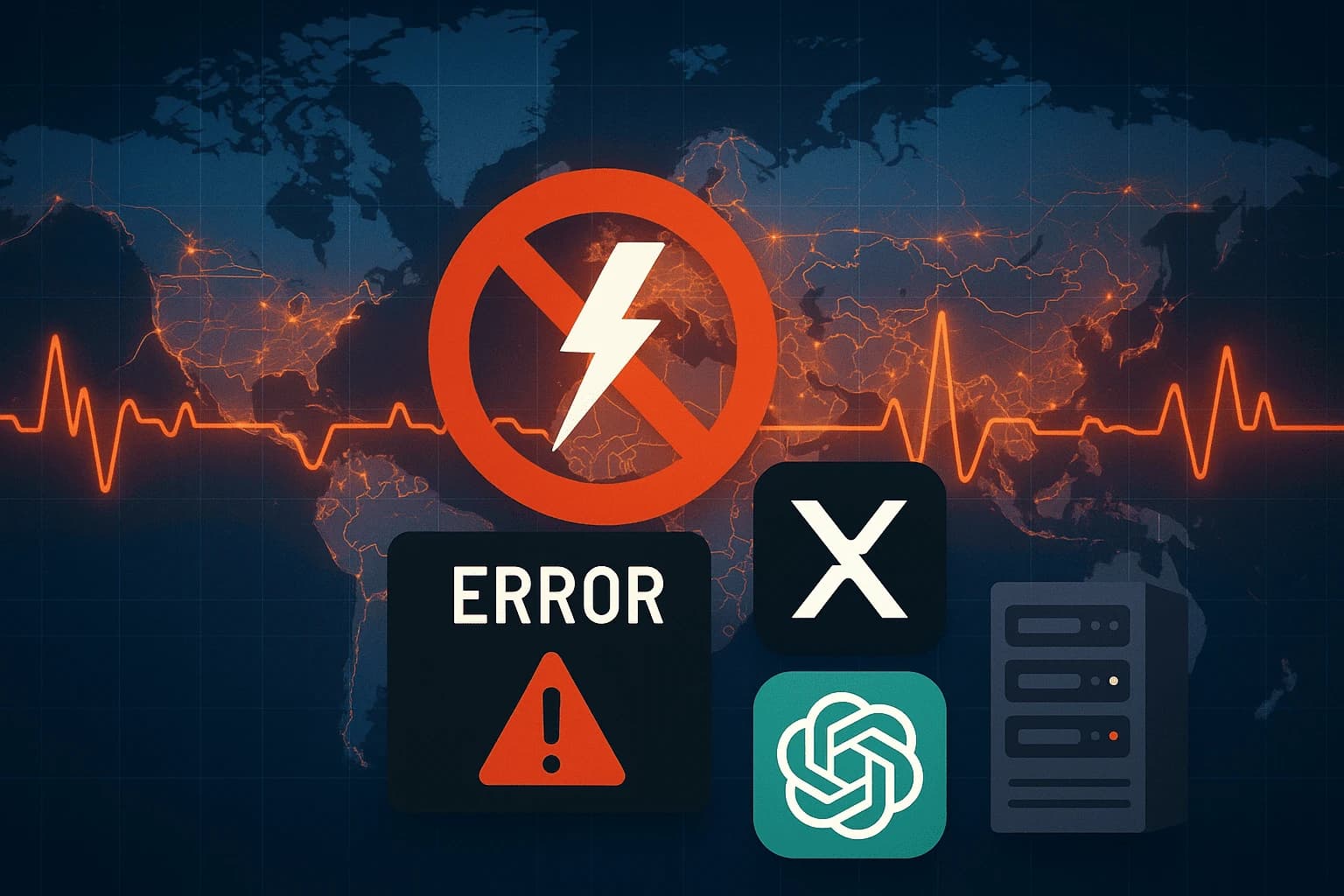© 2025 Roz UpdatesbyTETRA SEVEN

* All product/brand names, logos, and trademarks are property of their respective owners.
In a dramatic turn of events, Pakistan’s Cyber Crime Agency, formally known as the National Cyber Crime Investigation Agency (NCCIA), has summoned several top social media influencers for questioning in connection with an alleged online gambling scam. The development has sent ripples through Pakistan’s digital community, as household names like Ducky Bhai and Iqra Kanwal are now at the center of a high-profile investigation.
The influencers are accused of promoting unregulated gambling and trading platforms such as World-777, a betting app that has come under serious scrutiny. According to initial findings, these individuals used their massive online reach through YouTube, Instagram, and TikTok to advertise apps that promised high returns but allegedly operated outside the bounds of Pakistan’s legal and financial frameworks.
As the NCCIA intensifies its crackdown on illegal digital activity, this case marks a turning point in how online influence is monitored and regulated. These summons, scheduled for September 2, aren’t just about content they represent a broader move to curb the misuse of social media platforms for unlawful gain. Authorities have already banned over 46 gambling and trading apps, and this new wave of enforcement aims to dismantle the promotional networks that keep such apps in circulation.
The issue has sparked massive public debate online. While some are demanding accountability and stricter digital laws, others are calling for due process and transparency, especially given the popularity of the influencers involved. With legal experts referencing Pakistan’s Prevention of Electronic Crimes Act (PECA), the case has also ignited discussions around how digital laws intersect with freedom of speech and content monetization.
This blog will break down what we know so far, the legal and ethical implications, and what this could mean for the future of influencer marketing in Pakistan.
At the center of this controversy is World-777, a digital platform advertised as an investment and betting app. On the surface, it appeared to offer users a chance to win big through online games, sports betting, and virtual trading. But beneath the flashy promotions and influencer endorsements was a murky network of unregulated gambling mechanisms operating outside Pakistan’s financial laws.
Influencers promoted these platforms through sponsored posts, stories, and YouTube videos, often claiming they were “earning thousands daily” and urging fans to sign up using their referral codes. These promotions didn’t include disclaimers or warnings about the legal risks involved a major red flag considering gambling is illegal in Pakistan.
The real catch? Many of these apps used offshore payment gateways, digital wallets, and cryptocurrency exchanges to funnel money across borders. This not only violated local cyber and financial laws but also raised red flags for money laundering and tax evasion.
The Prevention of Electronic Crimes Act (PECA) 2016 is Pakistan’s primary legislation for handling digital offenses. Under this act, promoting illegal online platforms including gambling apps can fall under multiple punishable sections. Additionally, clauses from the Pakistan Penal Code (PPC) relating to public mischief, fraud, and money laundering may also be invoked.
According to sources close to the investigation, authorities are reviewing how these promotions were monetized and whether the influencers knowingly endorsed illegal services. Since many of the apps are now banned by the Pakistan Telecommunication Authority (PTA) and flagged by FIA Cyber Crime Wing, promoting them may be treated as active facilitation of an unlawful business.
The upcoming hearings are expected to explore:
Whether the influencers were paid in foreign or undeclared currency
If the endorsement agreements breached any Pakistani financial disclosure laws
What due diligence, if any, was done before promoting these platforms
As of now, at least eight influencers have been summoned by the NCCIA to appear before the agency on September 2. Some of the most prominent names include:
Ducky Bhai (Saad ur Rehman) A leading YouTuber with over 6 million subscribers
Iqra Kanwal – Lifestyle influencer and part of the Sistrology family
Rana Hamza Saif (RHS) A popular food vlogger
Mudassar Hassan, and several others with significant followings
These influencers are not yet charged but have been called in for questioning regarding their involvement in the promotion of World-777 and similar platforms.
For many, this case could set a precedent in how influencer marketing is regulated in Pakistan. If proven guilty, the penalties could range from fines to imprisonment, depending on the extent of their involvement.
In recent years, Pakistan’s influencer ecosystem has exploded. From tech reviews and travel vlogs to makeup tutorials and prank videos, content creators now hold massive sway over public behavior. Brands regularly collaborate with influencers for promotions, and their endorsements can drive thousands of app downloads or product purchases within hours.
This power, however, comes with serious responsibility something that many believe has been overlooked in this scandal. When influencers with millions of followers promote gambling apps like World-777, their endorsements don’t just serve as harmless advertising they act as trust signals. Young viewers, especially teenagers and new digital users, are particularly vulnerable to these promotions, often failing to recognize the risks involved.
What makes this even more dangerous is the "get-rich-quick" tone used in these videos. Phrases like “earn daily without investment,” “withdraw your cash instantly,” and “this is 100% legal” were commonly used by those now under scrutiny. Whether they were aware of the illegality of these apps or not, their influence helped normalize risky behavior in the digital space.
The National Cyber Crime Investigation Agency (NCCIA) has become increasingly active in regulating online platforms, especially in matters involving scams, financial crimes, and exploitation. Over the past year, they’ve worked with the PTA, FIA, and State Bank of Pakistan to block and investigate more than 40+ illegal apps offering gambling, forex trading, and fake investment schemes.
This recent case shows how NCCIA is shifting from just tracking digital fraud to holding content creators accountable. Their goal isn’t just to punish but to send a strong message: online influence is not above the law. Promoting illegal financial products regardless of fame or follower count can have serious consequences.
In this case, the summons may be a wake-up call not only for influencers but also for PR agencies and brands that connect creators with controversial products. NCCIA’s enforcement actions suggest that transparency, due diligence, and ethical sponsorships are no longer optional they’re essential.
With the summons date approaching, public reactions on social media are already pouring in. Hashtags like #DuckyBhai, #World777Scam, and #NCCIA are trending across Twitter and Instagram. While some fans are defending their favorite influencers, others are calling for transparency and justice.
Because no official statements have been made yet, speculation is filling the vacuum. Memes, screenshots, and conspiracy theories are flooding comment sections. In many ways, this reflects how fast digital narratives evolve and why timely communication from public figures is so important.
What’s clear is that this incident has triggered a broader conversation around digital ethics. Should influencers be legally required to disclose sponsorship terms? Who verifies whether an app is legal before it's promoted to millions? And how can platforms like YouTube or TikTok prevent such endorsements in the first place?
These questions now sit at the heart of Pakistan’s evolving digital media landscape.
The unfolding investigation into top influencers promoting gambling platforms like World-777 is more than just a headline, it’s a pivotal moment in Pakistan’s digital evolution. With the Cyber Crime Agency (NCCIA) summoning major online personalities for questioning, this case highlights the blurred lines between content creation, influence, and legal responsibility.
For years, social media in Pakistan has grown with little oversight, allowing influencers to experiment with monetization methods from affiliate links to brand deals. But now, as illegal gambling apps and cross-border financial scams threaten both economic stability and public trust, that landscape is changing rapidly. The NCCIA's move signals a serious shift toward regulation, transparency, and ethical accountability.
While the influencers involved are not yet proven guilty, the implications of their alleged actions have already sparked national debate. Should creators be held responsible for the consequences of what they promote? Where does freedom of expression end and facilitation of illegality begin? These are not just legal questions they’re ethical ones too.
As we wait for the summons to unfold on September 2, it’s essential for both content creators and followers to reflect. For influencers, it’s a call to vet every partnership carefully. For the audience, it's a reminder to approach online promotions with healthy skepticism not every “earning app” is what it claims to be.
This incident may well redefine Pakistan’s influencer economy. Whether it leads to arrests, fines, or policy reforms, one thing is certain: the era of unregulated digital endorsements is nearing its end.
Let’s promote transparency, encourage responsible content creation, and support digital spaces that are both profitable and ethical.

22 November 2025

18 November 2025
No comments yet. Be the first to comment!